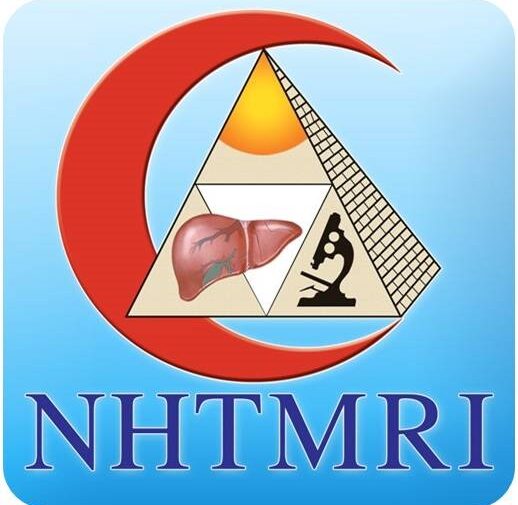Resellers and Retailers are two distinct types of businesses with different goals, customer angles, profit margins, and product offerings. Understanding their differences may help you determine the very best business model for your company’s exclusive needs and goals.
Stores sell products to individuals or organizations and are usually found in physical shops, online, or both equally. They may give a full range of goods and solutions or specialise in some product lines or categories. Examples include grocery stores, cosmetic salons, fashion shops, drug kiosks, and many more. Merchants often private their own building or have a contractual arrangement with a organization or business to use all their space for sales.
Wholesalers supply products in bulk to retailers, who have then offer them to the end-user. They usually provide a range of discounts to draw customers, such as seasons promotions or bundle deals. They also often transform the products they sell, repackage all of them, or combine them with additional items to produce new products and improve revenue.
Unlike wholesalers, resellers usually do not own the goods that they sell and stand for intermediaries between producers and clients. This type of business design has it is advantages, mainly because it allows you to buy items at a reduced rate and next sell these to the end end user for a bigger price.
For instance , Jerry purchases a barbq grill from your own home Depot at half price during a sale and then sells it in Facebook Marketplace for better resellerassociation.com/data-room-software-for-resellers to the original value. In this case, Jerry is the reseller.
